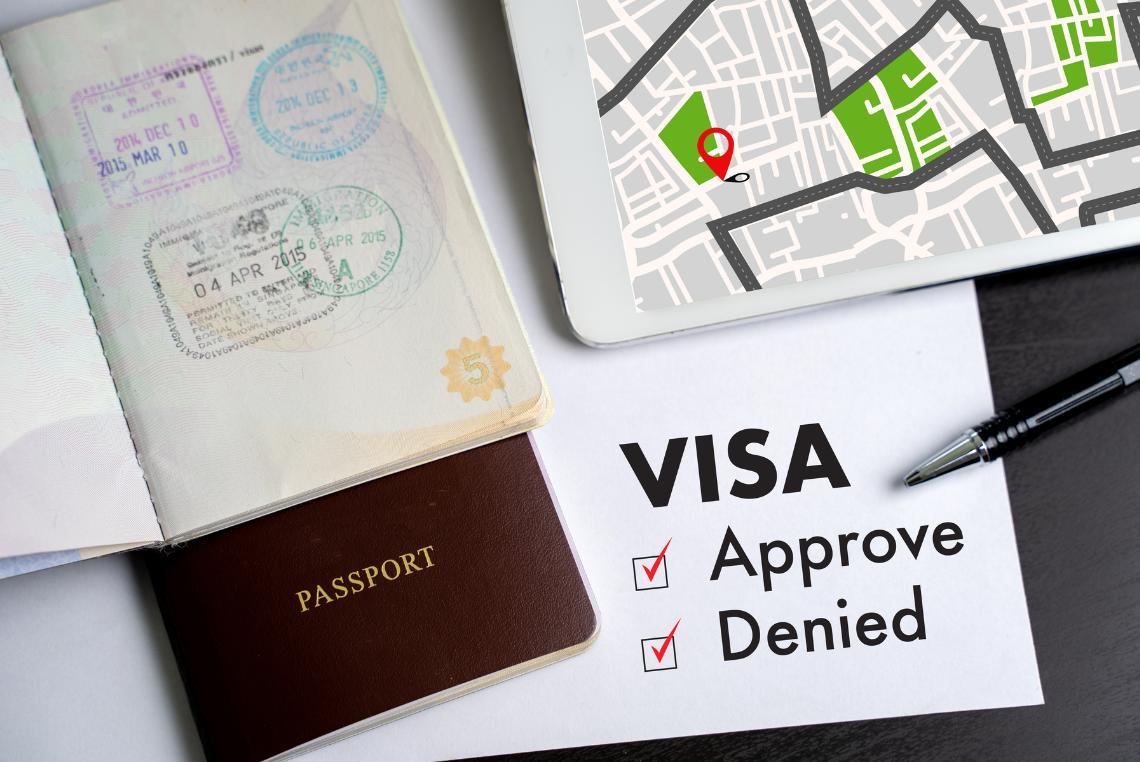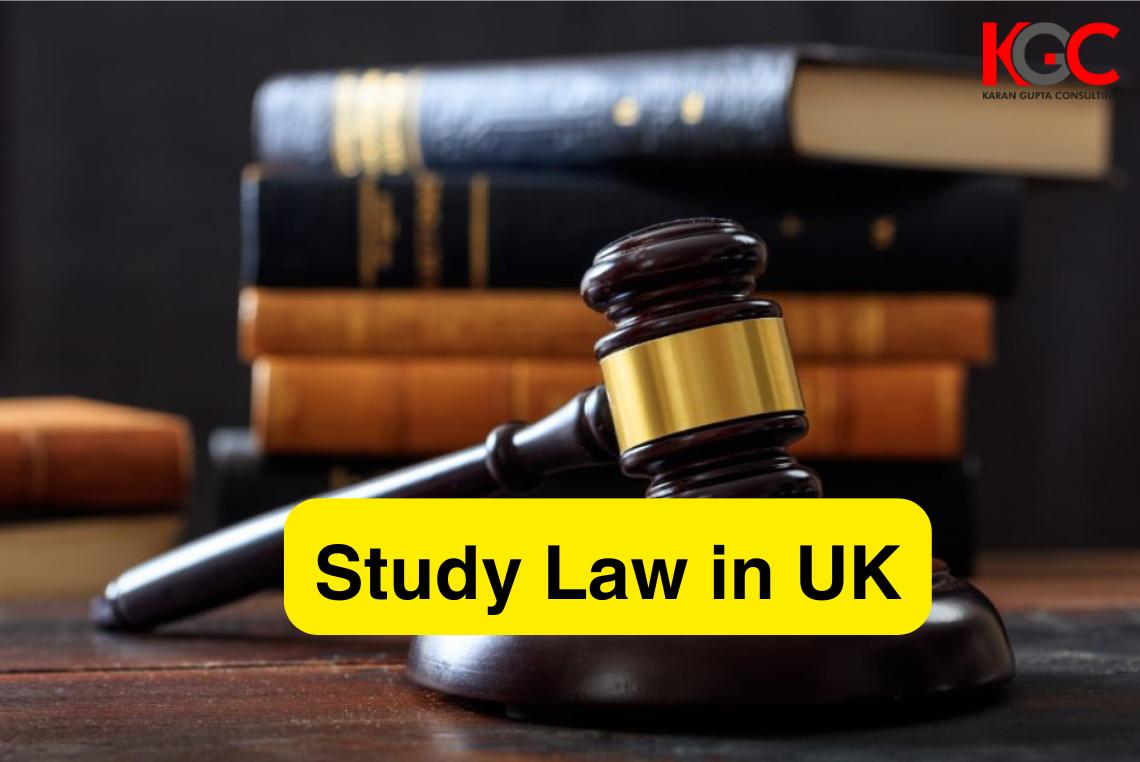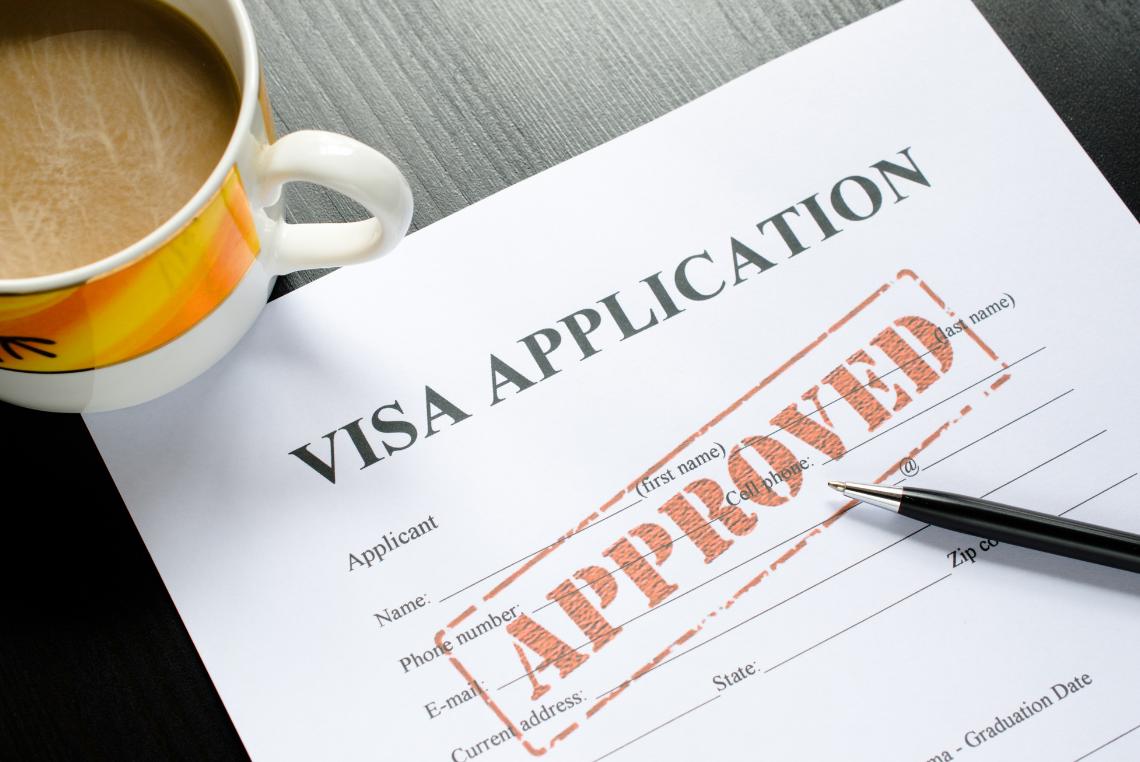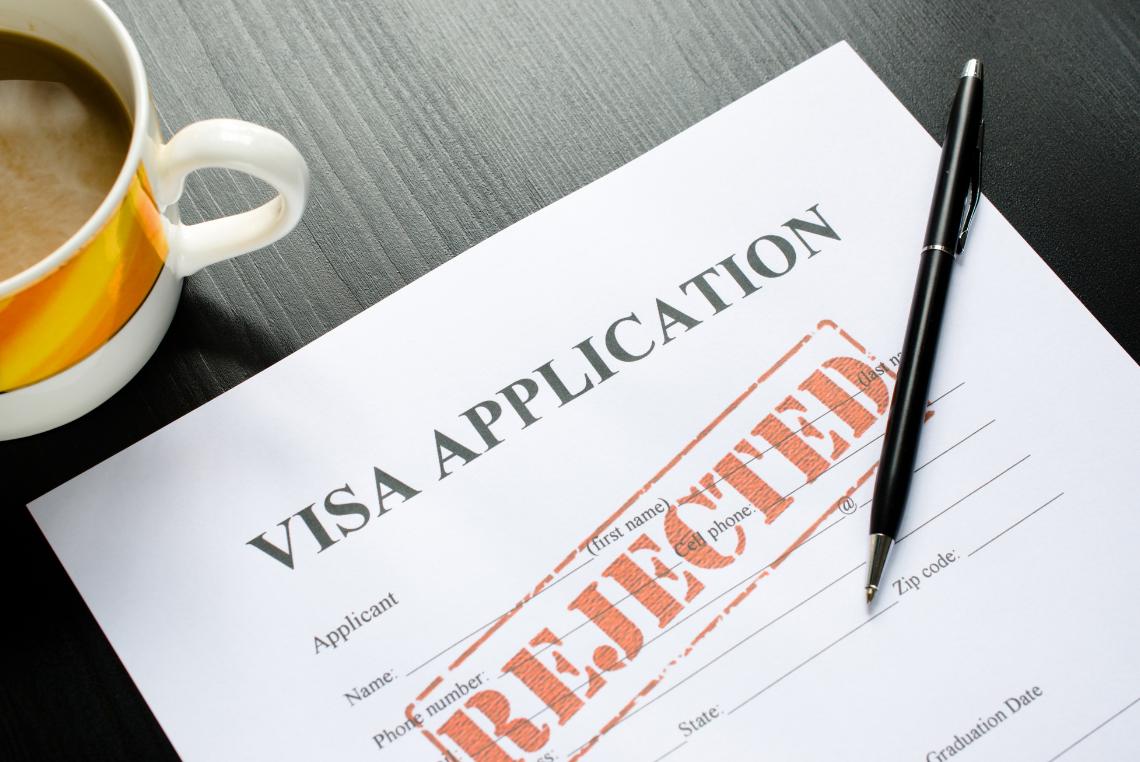Understanding the Complexities a Comprehensive Guide to Student Visa Requirements

In an increasingly interconnected world, pursuing higher education in foreign countries has become a common aspiration for many ambitious students. However, the path to studying abroad is paved with numerous challenges, particularly in acquiring the necessary student visa. This extensive guide aims to provide an in-depth exploration of the requirements, eligibility criteria, and intricate procedures involved in obtaining a student visa.
What are the Requirements and Eligibility Criteria for a Student Visa?
Demystifying the Basics
Before delving into the intricate details, it's essential to grasp the foundational requirements and eligibility criteria for securing a student visa. At its core, a student visa is a legal document that grants individuals permission to reside in a foreign country for the sole purpose of pursuing academic endeavors.
Criteria and Procedure Overview
Embarking on the journey to obtain a student visa entails meticulous adherence to specific criteria and procedural steps. This involves furnishing a plethora of documents and records to substantiate the applicant's suitability for the visa.
Navigating the Complex Terrain
The process of applying for a student visa entails navigating through a labyrinth of complexities, necessitating careful consideration of various key factors. From understanding the nuances of different visa categories to meticulously compiling essential documents, thorough preparation is imperative for a successful application. Moreover, applicants must familiarize themselves with the specific requirements and procedures of the destination country's immigration authorities, which can vary significantly depending on factors such as the applicant's nationality, intended duration of stay, and the type of educational institution they plan to attend.
Additionally, staying abreast of any recent changes or updates to visa regulations and policies is crucial, as these can impact the application process and requirements. Furthermore, applicants should proactively seek guidance from reliable sources, such as official government websites, reputable visa consultants, or experienced individuals who have previously gone through the visa application process. By adopting a proactive and well-informed approach, applicants can effectively navigate the complex terrain of the student visa application process and increase their chances of a successful outcome.
Understanding the Intricacies of the Application Process
Understanding the intricacies of the visa application process is paramount for prospective students seeking to study abroad. From the initial submission of the application to the nerve-wracking visa interviews, each stage demands meticulous attention and strategic planning. Pre-application preparation involves researching visa categories and gathering required documents.
Document compilation requires careful organization of academic transcripts, financial statements, and other paperwork. Application submission marks the beginning of a journey filled with anticipation and uncertainty, emphasizing the need for accuracy. Biometric enrollment adds an extra layer of security, verifying the applicant's identity. Finally, thorough preparation for the visa interview is crucial to address potential questions and concerns effectively. Overall, navigating these intricacies requires foresight and diligence to ensure a smooth and successful visa application process.
Document Requirements and Application Procedure:
Essential Documents: Passport and Identification
At the forefront of document requirements for a student visa is a valid passport, serving as the primary identification document. Additionally, applicants may be required to furnish supplementary identification documents as per the regulations of the host country. These supplementary documents may include national identity cards, driver's licenses, or birth certificates, depending on the specific requirements of the destination country. It's essential for applicants to carefully review the visa application guidelines provided by the embassy or consulate to ensure compliance with all documentation requirements.
Letter of Acceptance from Educational Institution
A pivotal component of the student visa application process is the submission of a letter of acceptance from a recognized educational institution. This document serves as tangible evidence of the applicant's admission to the institution, substantiating their enrollment status. In addition to the letter of acceptance, some countries may also require applicants to provide other supporting documents from the educational institution, such as enrollment confirmation letters or course schedules. These documents help visa officers assess the legitimacy of the applicant's educational pursuits and their intention to study in the host country.
Proof of Sufficient Financial Resources
Financial stability plays a pivotal role in the visa application process, necessitating applicants to provide substantial proof of their ability to cover tuition fees and living expenses during their tenure abroad. Alongside bank statements demonstrating sufficient funds, applicants may also need to provide financial sponsorship letters from parents or guardians, scholarship award letters, or proof of income from employment or other sources. Some countries have specific financial requirements that applicants must meet, and failing to provide adequate proof of financial resources can result in visa application rejection.
Mandatory Health Insurance Coverage
Many countries mandate the procurement of health insurance coverage as a prerequisite for obtaining a student visa. This ensures that students have access to essential healthcare services throughout their stay in the host country. Applicants must provide proof of comprehensive health insurance coverage that meets the specific requirements outlined by the destination country's immigration authorities. This may include coverage for medical emergencies, hospitalization, repatriation, and other healthcare expenses. It's imperative for applicants to carefully review the health insurance requirements and obtain suitable coverage before submitting their visa applications.
Meeting Eligibility Criteria for a Student Visa:
Enrollment in Accredited Educational Institutions
A fundamental prerequisite for student visa eligibility is enrollment in accredited educational institutions, ensuring the legitimacy of the educational pursuits undertaken by applicants. Accreditation ensures that the institution meets certain quality standards set by relevant authorities, thereby providing assurance regarding the credibility of the education being pursued. Applicants must verify the accreditation status of their chosen educational institution and provide evidence of enrollment in recognized programs.
Demonstration of Academic Proficiency
Academic qualifications serve as a cornerstone of eligibility for a student visa, necessitating applicants to provide comprehensive evidence of their academic prowess through transcripts, certificates, and other relevant documents. These documents showcase the applicant's academic achievements, including grades, standardized test scores, and certificates of completion. Additionally, some countries may require applicants to demonstrate proficiency in the language of instruction, such as English or French, through standardized language proficiency tests like the TOEFL or IELTS.
Clear Legal Standing: Criminal Record Verification
To uphold the integrity of the visa issuance process, applicants are required to furnish evidence of a clear criminal record, affirming their adherence to legal norms and regulations. This typically involves undergoing a criminal record check or obtaining a police clearance certificate from relevant law enforcement authorities. The purpose of this requirement is to ensure that visa applicants do not pose a security risk to the host country and have a history of lawful behavior.
Manifestation of Intent to Return Home
In a bid to prevent visa misuse, applicants are mandated to demonstrate their genuine intent to return to their home country upon completion of their academic endeavors abroad. This is typically substantiated through a meticulously crafted statement of purpose or a letter outlining future plans. Applicants must articulate compelling reasons for their intention to return, such as career aspirations, family ties, or commitments to community service. Providing evidence of strong ties to their home country, such as property ownership, employment offers, or familial responsibilities, can further bolster their case.
Student Visa Consultancy: Expert Guidance and Assistance
The Role of Professional Consultants Given the intricacies associated with the student visa application process, the guidance and assistance provided by professional visa consultants serve as invaluable assets for aspiring students. These consultants possess in-depth knowledge of visa regulations, procedures, and requirements, allowing them to offer personalized guidance tailored to the individual needs of applicants. From document preparation to interview coaching, visa consultants play a pivotal role in simplifying the application process and maximizing the chances of visa approval. Additionally, their expertise in navigating complex immigration laws and regulations can help applicants overcome potential hurdles and avoid common pitfalls, ensuring a smooth and successful visa application experience.
Advantages of Seeking Professional Assistance
Professional visa consultants offer an array of benefits, including expert knowledge of visa regulations, personalized guidance for document preparation, assistance with visa interview preparation, and regular updates on the status of visa applications. These consultants have an in-depth understanding of the intricate visa processes and stay updated with the latest changes in immigration policies, ensuring that applicants receive accurate and up-to-date information. They can provide invaluable insights into the specific requirements of different visa categories and advise applicants on the most suitable options based on their individual circumstances.
Moreover, visa consultants offer personalized guidance tailored to the unique needs of each applicant. They assist in compiling and organizing the required documentation, ensuring that all necessary paperwork is complete and submitted correctly. This meticulous approach minimizes the risk of errors or omissions that could lead to delays or rejection of the visa application.
Furthermore, visa consultants offer valuable assistance in preparing for visa interviews, a crucial step in the application process. They conduct mock interviews, provide tips on how to effectively communicate with visa officers, and address any concerns or queries that applicants may have. This preparation instills confidence in applicants and enhances their chances of success during the interview.
Additionally, visa consultants provide ongoing support throughout the visa application process, keeping applicants informed about the progress of their applications and any updates or changes in requirements. This proactive approach ensures that applicants are well-prepared and equipped to handle any challenges that may arise during the application process.
Overall, seeking professional assistance from visa consultants can significantly streamline the visa application process, alleviate stress, and increase the likelihood of a successful outcome. By leveraging their expertise and experience, applicants can navigate the complexities of the visa process with confidence and peace of mind.
Choosing the Right Student Visa Consultancy for Indian Students
Deciphering the Selection Conundrum
In the pursuit of selecting an appropriate student visa consultancy, Indian students are confronted with a myriad of options, each vying for their attention. However, discerning the ideal consultancy necessitates a meticulous evaluation of various factors.
Critical Considerations in Selection
Factors such as the consultancy's reputation, track record of success, comprehensiveness of services offered, transparency in fee structures, and testimonials from past clients play a pivotal role in the decision-making process.
Conclusion
In essence, the acquisition of a student visa necessitates a multifaceted approach encompassing thorough preparation, adherence to stringent requirements, and, where necessary, the engagement of professional guidance. By gaining a comprehensive understanding of the criteria, navigating the application process with finesse, and availing themselves of expert assistance, aspiring students can transform their dreams of studying abroad into tangible realities.
FAQs (Frequently Asked Questions)
1. Is it possible to apply for a student visa without securing a letter of acceptance from an educational institution?
A - While a letter of acceptance is typically a prerequisite, certain countries may offer alternative pathways for visa application.
2. What recourse do applicants have if they are unable to demonstrate proof of sufficient financial resources for tuition and living expenses?
A - In such instances, applicants may explore scholarship opportunities or financial aid options provided by educational institutions or external organizations.
3. Is the engagement of a student visa consultancy indispensable for the application process?
A - While not mandatory, seeking professional assistance can significantly streamline the application process and enhance the likelihood of success.
4. What is the average duration of the student visa application process?
A - The duration varies depending on factors such as the host country and individual circumstances. It is advisable to commence the application process well in advance to mitigate any potential delays.
5. How should applicants proceed in the event of a visa application rejection?
A - In the unfortunate event of a rejection, applicants can seek guidance from visa consultants to ascertain the reasons for rejection and explore avenues for reapplication or appeal.
Why Choose Karan Gupta Consulting?
- 27+ years of expertise in overseas education consulting
- 160,000+ students successfully counselled
- Personal guidance from Dr. Karan Gupta, Harvard Business School alumnus
- Licensed MBTI® and Strong® career assessment practitioner
- End-to-end support from career clarity to visa approval

Dr. Karan Gupta
Harvard Alumnus | Career Counsellor
With 27+ years of experience, Dr. Karan Gupta has helped 160,000+ students achieve their study abroad dreams at top universities worldwide.




